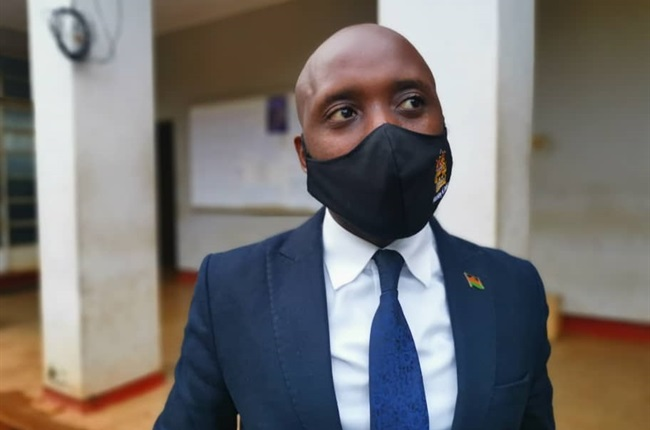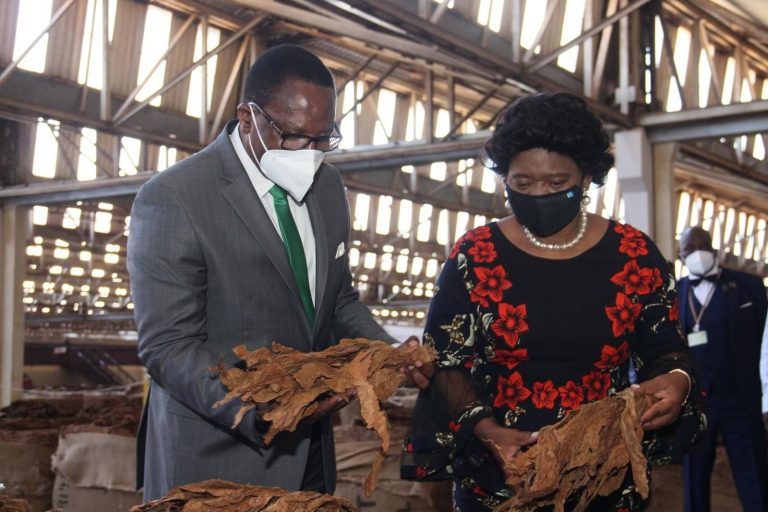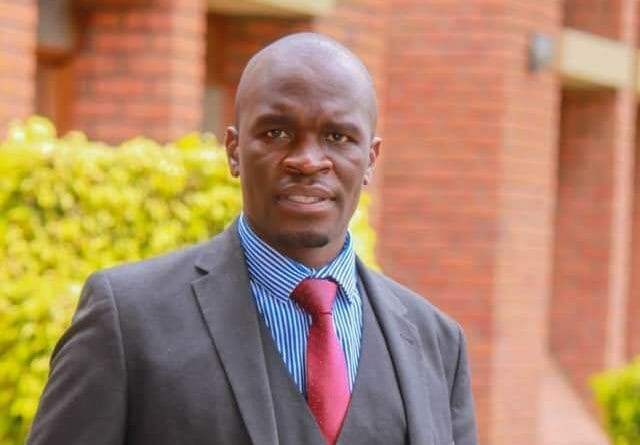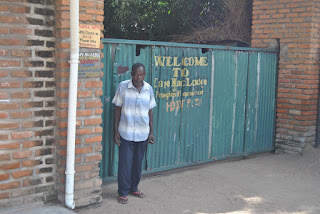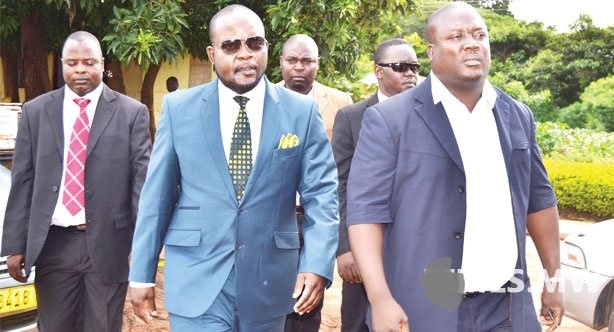BY PIJ INVESTIGATIONS
Embattled ex-Police Chief George Kainja wants the Anti-Corruption Bureau (ACB) to stop prosecuting him and others over the Zuneth Sattar investigation, and has since filed court papers to that effect.
Parliament recently amended the Corrupt Practices Act to remove the need for ACB to request consent from the Director of Public Prosecutions (DPP) to prosecute corruption cases. Last week, President Lazarus Chakwera assented to the new law.
The move followed a protracted dispute between the ACB and DPP after the DPP twice rejected requests by the ACB to prosecute former Lands and Housing Minister Kezzie Msukwa alongside Ashok Nair, an associate of Zuneth Sattar, a 41-year-old Malawian born businessman based in the United Kingdom, who is under investigation by the ACB in Malawi and the National Crime Agency (NCA) in the UK.
Now ACB will learn in court that the office of the DPP is still an albatross not to be easily removed. The Director of Public Prosecutions has filed a set of arguments that in effect weakens the prosecution case by the ACB and supports Kainja’s case for the court to dismiss his prosecution.
The DPP Steven Kayuni alongside Attorney General Thabo Nyirenda were added to the court case by the lawyers of Kainja and have filed two separate affidavits which the PIJ has sourced.
While the AG lambasted Kainja for unlawfully dragging his office in the matter, the DPP’s affidavit provided ammunition to Kainja and threw the ACB under the bus.
Kainja, who is accused of soliciting and receiving bribes from the UK-based businessman, wants Justice Kenyatta Nyirenda to declare; (1) that the evidence that the ACB is using in his case was obtained by the National Crimes Agency of the UK illegally; (2) that the evidence was submitted to the ACB illegally by the NCA by bypassing the Attorney General; (3) that his arrest consequently is illegal.
And the DPP appears to agree with the skeleton arguments presented to the court. Kayuni through Senior State Advocate in the DPP’s chambers, Festas Sakanda, argues that Only those BIG THREE–Attorney General, DPP and ACB boss can enter into an agreement between Malawi and another state and that a Memorandum of Understanding (MOU) is not a treaty.
The DPP further argues: “That the Supreme Court of appeal issued a stay order stopping the first Defendant (ACB) from acting on the evidence gathered by the Anti-Corruption Bureau working hand in hand with the National Crime Agency of the United Kingdom.”
But the AG took no exceptions to Kainja adding it to the case, wrote AG Nyirenda:
“The office of the Attorney General acts solely based on written communication. Neither the second Defendant nor the United Kingdom’s Government wrote the office of the Attorney General requesting assistance. In the same vein, the law does not impose any duty on the Attorney General to directly supervise the Anti-Corruption Bureau in the conduct of its business. Therefore, to make the third Defendant (Attorney General) a party to the present matter on the basis that he is failing to supervise the first Defendant is absurd, vexations and embarrassing,” chided the AG.
The move by Kainja, who is being represented by lawyer Gift Nankhuni, resembles tactics by lawyers of former Lands and Housing Minister Kezzie Msukwa and Sattar’s associate, Ashok Nair who have both previously argued in various courts against their respective arrests on the same grounds.
Previously, Justice Redson Kapindu ruled that the ACB was entitled to forms of cooperation with foreign agencies including on some levels without involving the AG and that there was no evidence the Bureau had not instituted its own investigations after receiving intelligence from the UK authorities.
In Kainja’s case, which is due to be heard on Friday, the Attorney General and Director of Public Prosecutions (DPP), which have seen relations with the ACB sour over the Sattar case, have been added as respondents to the case by Kainja.
“I have just received the documents and I will respond to them at an appropriate time,” Nyirenda said.
Kayuni could not be reached for comment before we went to press.
The ACB arrested Kainja on June 23, 2022, on suspicion that he received an advantage from Sattar on account of influencing a procurement contract reference number MPS/SB/16/04/2021 to supply 350,000 food ration packs.
The packs, according to ACB, were worth about $7.9 million.
The investigations conducted by the bureau established that Kainja solicited an advantage in form of a vehicle and money amounting to $8,000 from the Malawian-born British businessman for influencing the award of the contract to supply the food ration packs to the police service.
The revelations were detailed in a report that the ACB submitted to Chakwera in May 2022.

